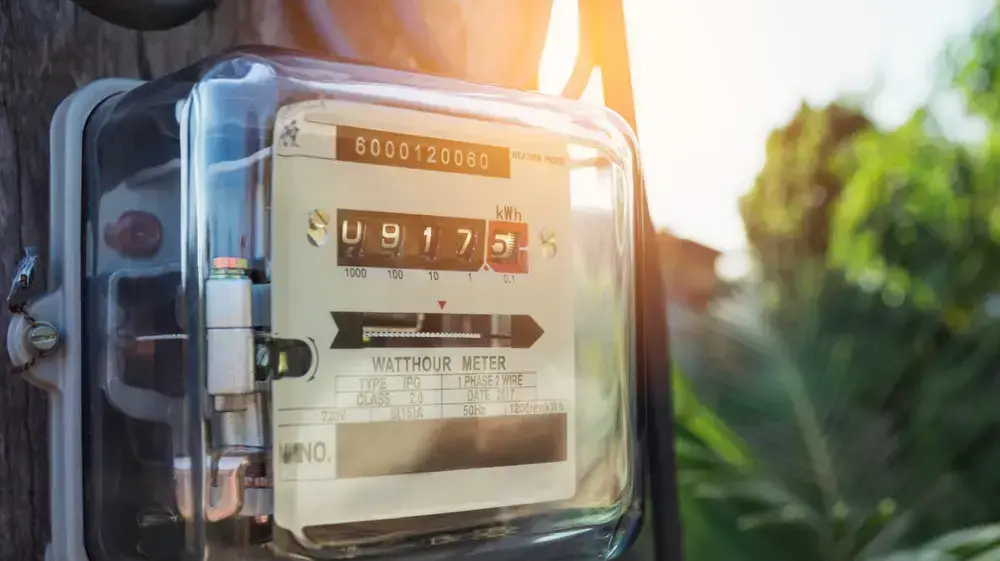How the electricity price brake encourages savings: Austria is showing the way
Created: 08/20/2022, 06:15
By: Claudia Möllers
In Austria, households are to be subsidized for basic electricity consumption – beyond that it will be expensive.
A model for the future?
Vienna – How can citizens be sufficiently supplied with affordable energy over the coming winter and at the same time encouraged to save energy?
This crucial question is currently driving all governments in Europe.
The neighboring country of Austria is preparing an interesting variant: The black-green government wants to prevent energy costs from rising too much with an “electricity price brake”.
The economist Gabriel Felbermayr, who has been director of the Austrian Institute for Economic Research (Wifo) for almost a year, is to develop a practicable model, as the
Frankfurter Allgemeine Zeitung (FAZ)
reports.
The bill seems impressive: Every household is initially subsidized with a fixed price for a year's basic consumption of electricity at the level before the Russian invasion of Ukraine.
Everything that goes beyond that should be billed at a significantly higher market price - and thus provide a special incentive to save.
Gabriel Felbermayr, Director of the Austrian Institute for Economic Research (Wifo), models a power-saving brake.
© Carsten Rehder/dpa
Electricity price brake in Austria: Households should be encouraged to save
According to Felbermayr's plans, the program is to be handled by the energy suppliers.
"In fact, they charge the consumer for the lower fixed price share and get some of the lost revenue back from the government," the
FAZ
describes the plans.
"A basic electricity quota at a reduced fixed price can dampen high price increases and relieve private households," writes Wifo about its model.
Automated implementation is preferable to an application model in order to reduce the bureaucratic effort and increase the speed of implementation.
With the model, it should be taken into account that the different household sizes would have to be recorded - otherwise there is a risk that small households will receive a subsidy for their entire electricity consumption, while multi-person households will only receive a smaller proportion.
When asked whether the amount of the subsidy quota had to be adjusted to income, the institute conceded that rich households could also bear high energy costs.
In order to clarify the income situation of the respective households, data on household income would have to be made available to the energy suppliers: “That is both legally and practically difficult.” But: second homes should not be subsidised, and on the other hand self-generated green electricity should not be counted.
Electricity price brake: companies should not be considered
According to the Austrian model, how high the "basic electricity consumption" is applied should not be based on the respective previous year's consumption, but on average values - because that way the frugal would not be penalized.
also read
Change of direction also because of the Taiwan crisis: China is gearing up for an economic war with the West
Pension: These cohorts are allowed to retire before the age of 67
Since the fixed price should be below the market price, the question arose as to how the suppliers should be compensated for the lost revenue.
The economists around Professor Felbermayr advise here to set the current procurement or production costs through an imputed profit mark-up or to create historical average values.
According to the model, however, companies should not benefit from the price brake.
As a rule, they would have the opportunity to “pass on” higher costs.
The Wifo experts expressly warn the state against fundamentally intervening in the price mechanism of the electricity market.
However, it makes sense to reduce barriers for providers with low production costs such as electricity from wind, photovoltaic or geothermal systems.
(cm)












/cloudfront-eu-central-1.images.arcpublishing.com/prisa/KMEYMJKESBAZBE4MRBAM4TGHIQ.jpg)

